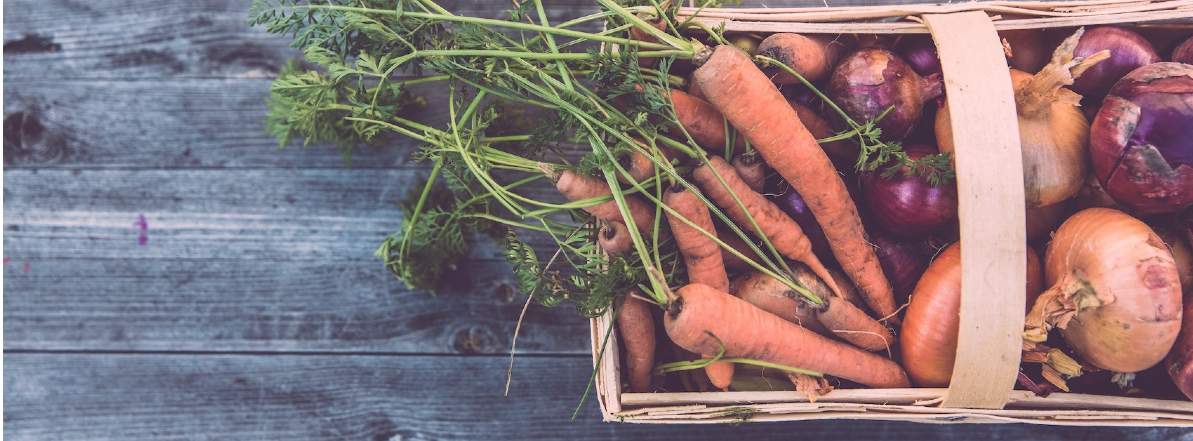As the UK went into lockdown, scenes of empty supermarket shelves shocked consumers, but as supply chains have repurposed, some stores have relaxed restrictions on the number of products each customer can purchase.
Empty shelves were the result of a just-in-time food supply chain that was pushed to breaking point by shoppers adding a few extra items to their trolleys. The system is ordinarily highly efficient and saves both the retailer and consumer money. But recent conditions were far from ordinary and the unexpected surge in demand hit every link in the supply chain.
Savills Global Food Security Index, part of our Impacts 2020 research programme, uses four pillars of data to analyse a country’s food security, with the UK currently ranked 14th overall out of 38 countries. With access to food just one of the four pillars we measure though, the question is how has Covid-19 affected the other three?
Availability
Referring to the actual existence of food, availability is a combination of domestic production, imports and food aid. Globally speaking, Covid-19 has not yet disrupted food levels. Wheat stocks at the end of the crop marketing year in June are projected to rise to 287.14 million tonnes, up 3 per cent, and world rice stocks are also predicted to rise by 4 per cent.
But nationally speaking, the UK is in a precarious position. Having 47 per cent of our food supply chain originating offshore leaves the country vulnerable to food nationalism. Some key food producing countries have threatened protectionist food policies to safeguard their own supplies.
Domestic producers of cereals can theoretically safeguard the onshore proportion of the UK supply chain owing to low labour requirements. Horticultural crops will likely be without a similar safety net with speculation that a third of the summer crop could go to waste.
90 per cent of the seasonal workers that the sector relies upon usually come from the EU, yet Covid-19 and Brexit mean most will not come. Approximately 30,000 people have signed up to a new 'Land Army' to compensate but this is less than half of what is needed.
Utilisation
Once food is produced and distributed to outlets, households must be able to afford, prepare and allocate it. An initial big question was whether stockpiling would lead to a failure in allocation and an upsurge in food waste. While councils were anticipating more organic waste as the proportion of food eaten at home increased from 65 to 90 per cent, surveys have indicated generally less food is being wasted.
Our bodies must also be able to utilise food biologically. The wide variety of food that remains on offer means the population can still obtain nutritional variety. Shortages of rice and pasta can be compensated for by the availability of other starchy foods including potatoes, which are in abundance due to the closure of fish and chip shops.
Stability
Stability underpins all other pillars in our Index, something exemplified by the shock that Covid-19 delivered. That shock and the ensuing public reaction affected all three pillars.
While the most immediate and visible effect was empty supermarket shelves, other impacts have and will continue to emerge, but the old cliché of keeping calm and carrying on is perhaps the most effective action that the public can take to ensure our national food security.
Further information
Read more: Impacts: Savills Global Food Security Index

.jpg)

.jpg)
.jpg)
.jpg)
.jpg)



